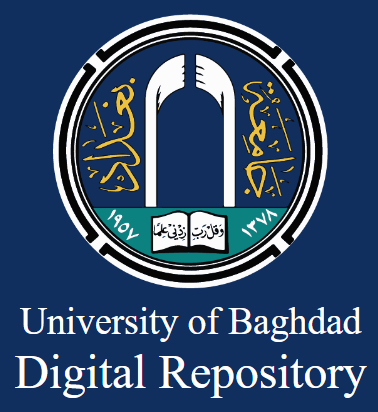The semiology of culture and the sign variable in a theatre performance: Iraqi theatre as an example
DOI:
https://doi.org/10.35560/jcofarts82/175-188Abstract
The culture of theatre performance has a vital role in the process of reading the linguistic and visual signs of the performance. And the process of transforming a theatre performance from its original context into a new hosting cultural context starts from the actual reading of the text. Directors derives their new signs out of his personal culture, depending on the society where they lives and the culture that forms the social conventions, traditions and beliefs. The text is usually written within its own historical and temporal culture. The process of its production usually takes it away from its original culture, when it interprets the codes of the original writer and their visual and linguistic signs and instils new alternative signs that belong to the new culture. All the other signs of a theatrical performance such as, lights, décor, costumes, music, actors and make up submit to the say process of moving away from their original identity, and when these signs move away from one cultural context into another different one, they lose the element of being genuine and earn new significances driven from the new hosting context. Methodology: includes the problem of the project, its importance and aim. Theoretical frame: the paper includes two: first is the concept of the semiology of culture, and second is the variable of signs in a theatre discourse.The procedures of the paper includes the methodology, the society of the research, the sample, the means, and finally there is the sample analysis that is represented by the play: In the Heights of Love by Falah Shaker, After that the researcher shows the results of the paper, the most important of which is that: 'The culture forms a resource and a reference for the signs within a theatre performance, since the theatre performance focuses on the cultural references for the text, which may form an obstacle against the sign change when moving that theatre performance into a new cultural context.' Finally the researcher listed his resources and references, followed by the abstract in English













